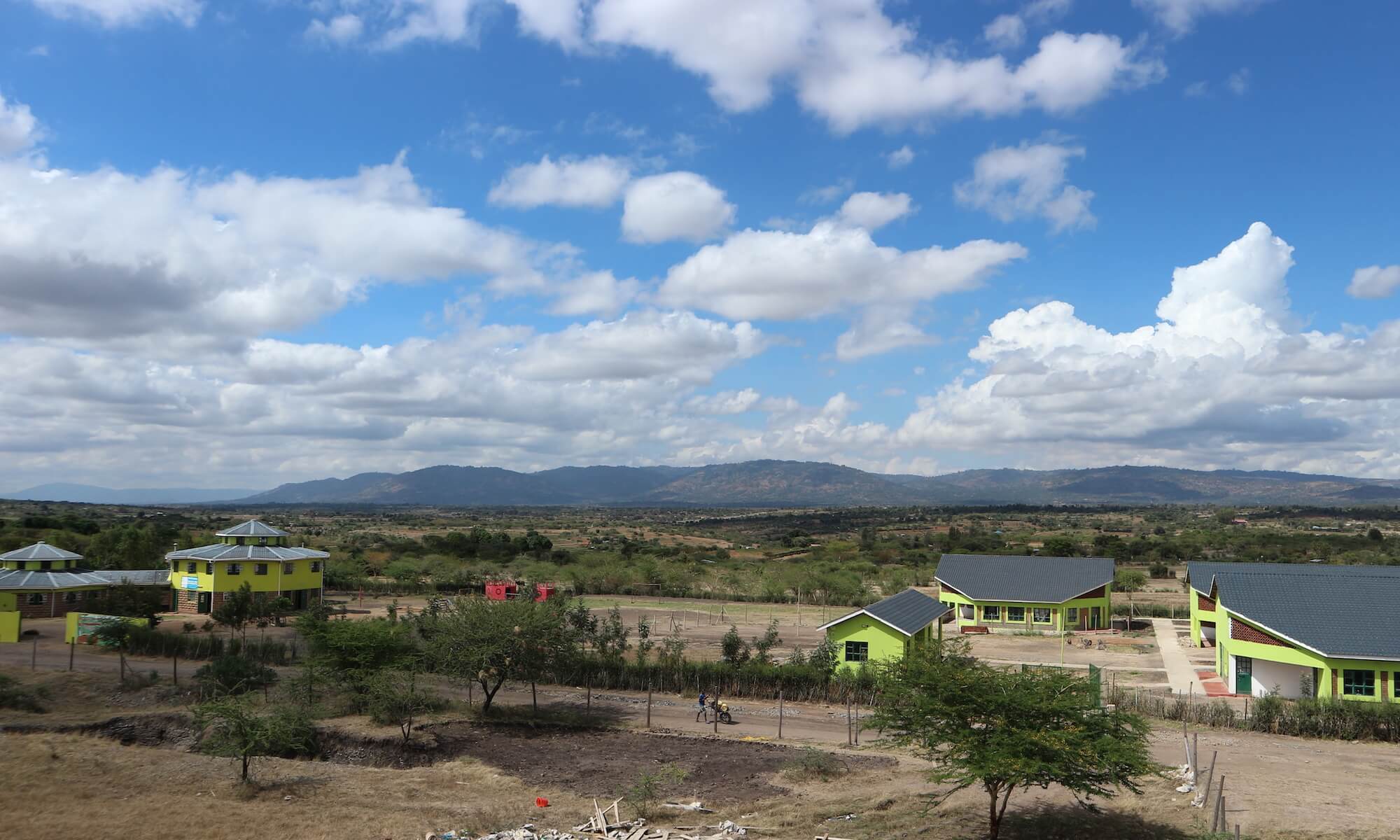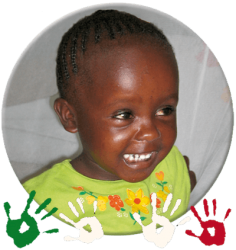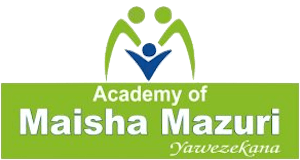In a world where tradition meets modernity and youth are searching for answers, the need for comprehensive sexuality education is more important than ever. Especially in a country like Kenya, where in 2024 an estimated 21% of girls and women between the ages of 15 and 49 will have suffered some form of genital mutilation (1) and (as of 2018) 25,000 deaths per year are attributed to an HIV infection can (2). Additionally, unintended pregnancies compound challenges for single mothers, who often face a lack of support and resources.
I am Anna Haerty, 25 years old and, after successfully completing my medical studies in the summer of 2023, I fulfilled my dream of immersing myself in Kenyan life and its traditions for three months as a volunteer at the Maisha Mazuri Children Center. After this experience, I am even more convinced that adequate sex education is a key to overcoming some socio-economic problems. This is where my motivation came from to tackle the taboo topic in open discussions in small groups, both with the children of the MCC, the primary and secondary schools, and with the children’s legal representatives.
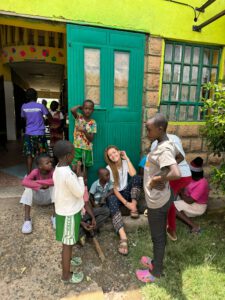
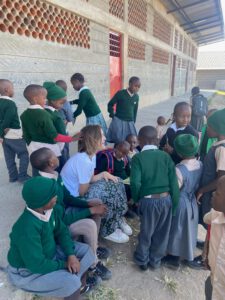
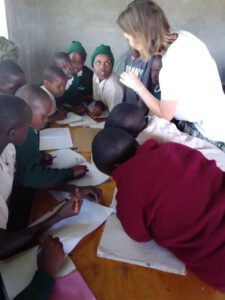
What surprised me was the great interest and openness with which we dived into in-depth conversations after just a short time getting to know each other. Regardless of the age groups, the question rounds far exceeded the scheduled teaching time. Lively discussions arose among the participants, which were usually accompanied by a lot of giggling and laughter, especially with questions such as: “If I am a virgin and have sex for the first time, what will happen?”, “Is it ok to touch my vagina from the inside when I wash myself? “ or “What are wet dreams?”.
The topics of the work assignments and games in the seminars varied according to age, as did the questions afterwards. The younger girls (primary school) asked many questions about the topic of the first menstrual period, sexual intercourse and pregnancy: “How do I know that I am pregnant?”, “What is a tampon?”, “Is period bleeding something dirty or unhygienic? “, “If you’re a virgin, can you still get your period?” and “Am I allowed to touch my vagina?”. Questions that were more difficult to answer for cultural reasons included: “Is it bad to have sexual intercourse before marriage?”, “Are homosexual people bad people?”, “Am I no longer a virgin if I use a tampon?”. This requires tact in order to maintain the balance between the Western view of appropriate sex education and Kenyan culture and jurisprudence.
The young people at secondary school are already interested in more complex topics. They asked me to speak more about the topics “Morality or Immorality of Sexual Intercourse”, “Early/Teenage Pregnancy”, “STIs”, “Sexual Abuse” and “Effects of Consuming Pornography”.
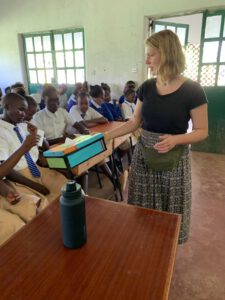
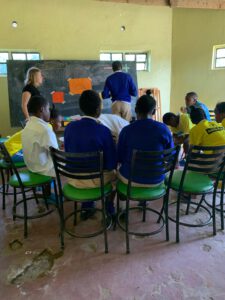
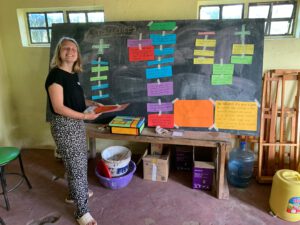
I invited the legal representatives to four-hour morning workshops, where, to my delight, “health care promoters” from the region also appeared for their own training. Many of this older generation have not received any sex education in their lives and one or two conservative voices have been raised, especially in relation to modern contraceptive methods: “Is it ever possible to have children again after using contraceptives?”, “Tell us more about the side effects of contraceptives!”. But there was also great interest in female physiology: “Where does the period go after the menopause?”, “What are the blood clots in the period?”, “How do twin pregnancies occur?” and “What are possible reasons for infertility” . The older women also worried about their husbands and asked: “Can a lack of sexual intercourse lead to urinary retention in older men?” or “Can a hysterical wife be the reason for her husband’s mental illness?”.
I am grateful that the women also shared their wisdom and taught me how they cleverly find solutions to avoid expensive feminine hygiene products, use natural contraception and give birth to children at home.
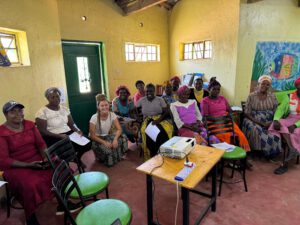
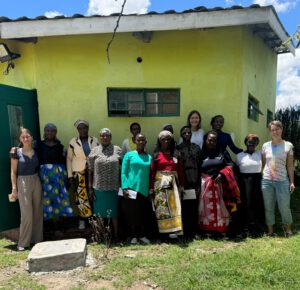
It was a great pleasure for me to be able to implement this project close to my heart and I am endlessly grateful to the children and young people, as well as the employees of the Maisha Mazuri Children Centre and Hand in Hand for Kenya e.V. for three months that I will never forget.
Asante Sana!
Anna Haerty
Sources
- V PID. Gemeinsam gegen weibliche Genitalverstümmelung | Plan International [Internet]. [cited 2024 Apr 2]. Available from: https://www.plan.de/weibliche- genitalverstuemmelung.html
- World Bank Open Data [Internet]. [cited 2024 Apr 2]. World Bank Open Data. Available from: https://data.worldbank.org
